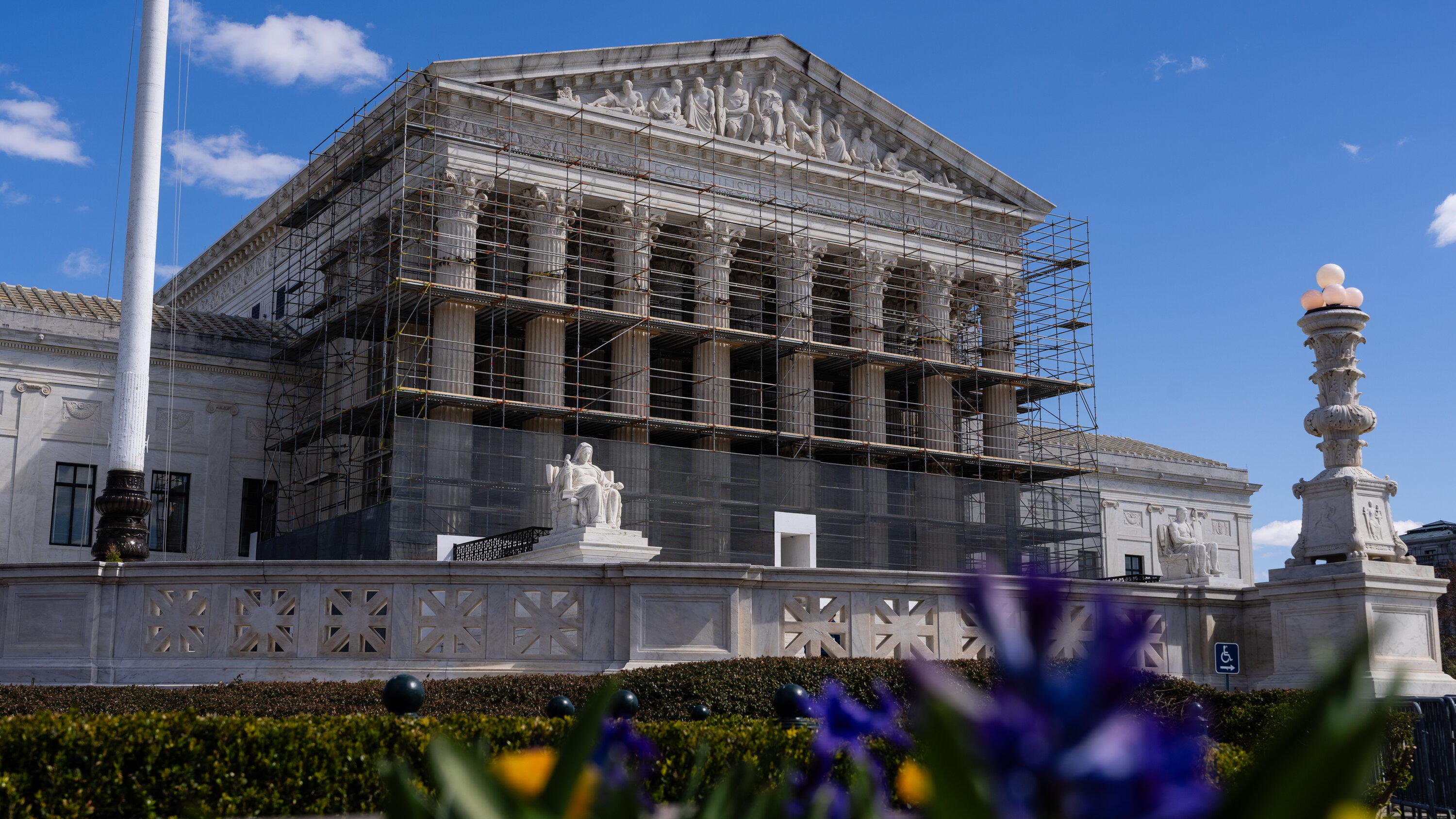Faith, Education, and Law Collide: Supreme Court Weighs Landmark Oklahoma Charter School Case

Supreme Court Navigates the Delicate Balance of Church and State in School Funding
The U.S. Supreme Court has been steadily reshaping the landscape of religious school funding, consistently expanding opportunities for faith-based educational institutions. Recent landmark decisions have not only permitted school vouchers for religious schools but have also mandated that public tuition assistance programs treat religious schools equally with secular institutions.
However, a new legal frontier is emerging: direct government financial support for religious schools. This latest challenge tests the boundaries between constitutional protections of religious freedom and the traditional separation of church and state.
The Court's recent rulings signal a significant shift towards greater inclusion of religious institutions in public funding mechanisms. By requiring equal treatment in tuition assistance programs, the justices have effectively dismantled previous barriers that marginalized faith-based educational options.
As the debate continues, legal experts and education advocates are closely watching how these evolving interpretations will impact public education, religious liberty, and the fundamental principles of government funding.
